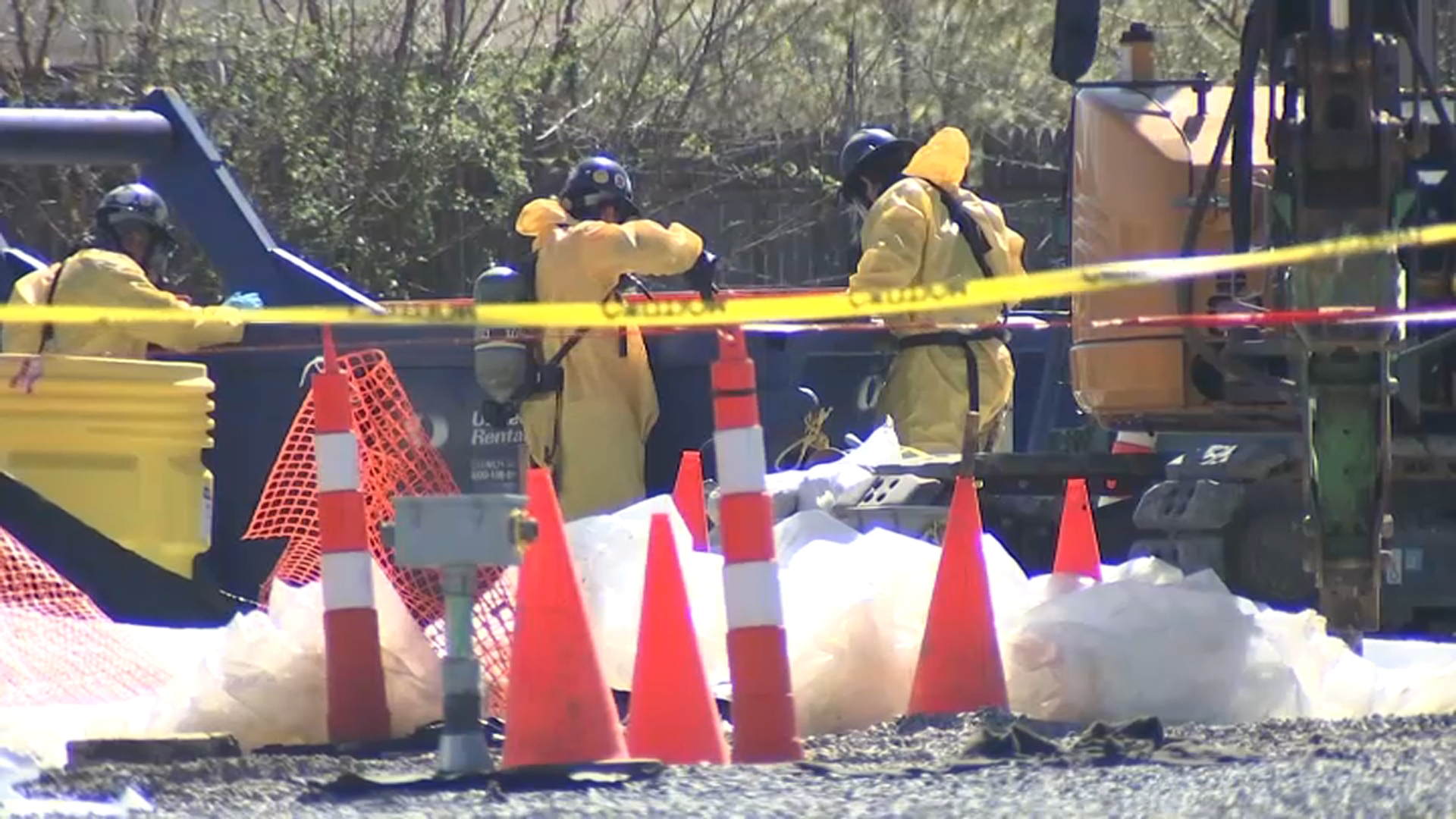What to Know
- The late Dr. Reginald Archibald worked at Rockefeller University Hospital from the 1940s until his retirement in 1982; he died in 2007
- Archibald studied childhood growth and many alleged victims, mostly boys, said they participated in a free growth study
- Former patients have said that in addition to molesting them, he would photograph them naked for what he said was scientific research
Former patients of a doctor accused of molesting children at Manhattan's Rockefeller University Hospital for decades are demanding to know what happened to photos they say the physician took while the abuse was occurring.
The physician, Reginald Archibald, worked at the hospital from 1948 to 1982 as an endocrinologist who specialized in childhood growth. Former patients have said that in addition to molesting them, he would photograph them naked for what he said was scientific research. Archibald died in 2007.
Peter Katsikis had only one appointment with Archibald, in 1969. He said Archibald directed him to remove his clothes; he touched him sexually and then took several photos of him in the nude. Katsikis was 12 and said it was his first sexual experience. He wouldn't tell anyone until he told his wife 26 years later.
The trauma changed him, he said, making him cynical and sometimes short-tempered as an adult. The Associated Press does not typically identify people who say they are sexual assault victims unless they grant permission.
"I've replayed the episode a couple thousand times," said Katsikis, now 61, who lives in North Carolina. "It took me a couple years to sort things out as to what truly happened. I didn't know anything about sex at 12 years old. When I got older I started to get angry, because I realized he took away my innocence."
The hospital has acknowledged that Archibald's conduct with patients was "inappropriate" and has hired a law firm to investigate. Hospital officials have not, however, said whether any of the photographs were found in hospital records. Attorneys for former patients say more than 1,000 children may have been victimized.
Local
The former patients and their attorneys will hold a news conference Tuesday in front of the hospital to demand more information about the whereabouts of the photos. The group says that if the hospital cannot say where the photos are, then it should ask the state attorney general to begin its own investigation into the records.
Questions about the whereabouts of the photos continues to haunt many of the former patients, according to Michael Pfau, an attorney with the Seattle-based firm of Pfau Cochran Vertetis Amala, who is representing about 100 former patients.
The thought that the photos are now circulating as child pornography compounds his clients' pain and fear, Pfau said.
"Finding these photos is critical for our clients," he said. "Hopefully the hospital can do the right thing and accelerate the investigation."
A spokesman for the hospital declined to comment when asked about the photos Monday.
The hospital wrote to Archibald's former patients in September asking about their experiences and in October released a statement that it had discovered that Archibald "engaged in certain inappropriate conduct during patient examinations."
The hospital also said it notified authorities when it received a report in 2004 about Archibald's conduct. It says it changed some pediatric policies after an investigation at that time determined that "certain" of the allegations were credible.
Civil molestation suits against institutions in New York are now subject to one of the nation's tightest statutes of limitations, meaning that many of Archibald's alleged victims would not be able to sue the hospital. The case is likely to fuel efforts to pass the Child Victims Act, state legislation that would greatly expand the statute of limitations and create a window to sue for plaintiffs with decades-old allegations that are now prohibited by the statute.
Asked what he would do if any photos are found of his single appointment with Archibald, Katsikis paused briefly before answering.
"After the litigation is over," he said, "let's have them destroyed."



